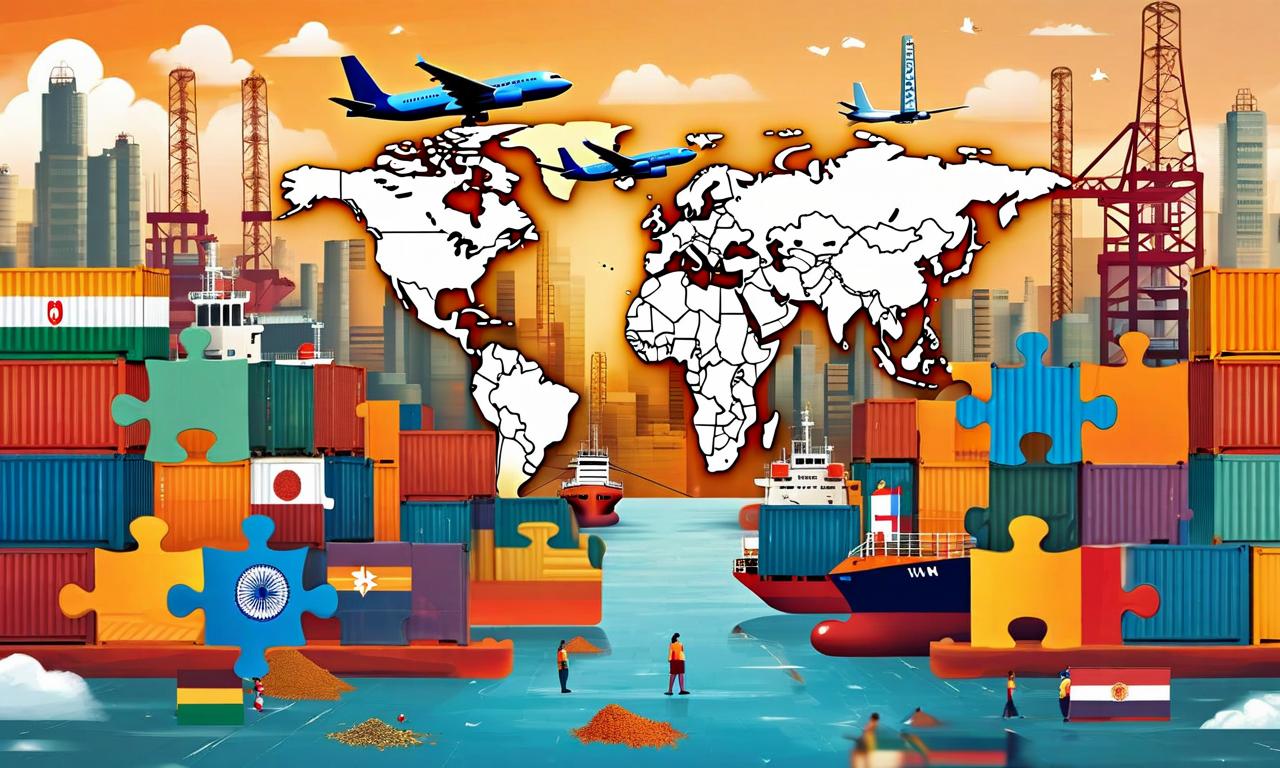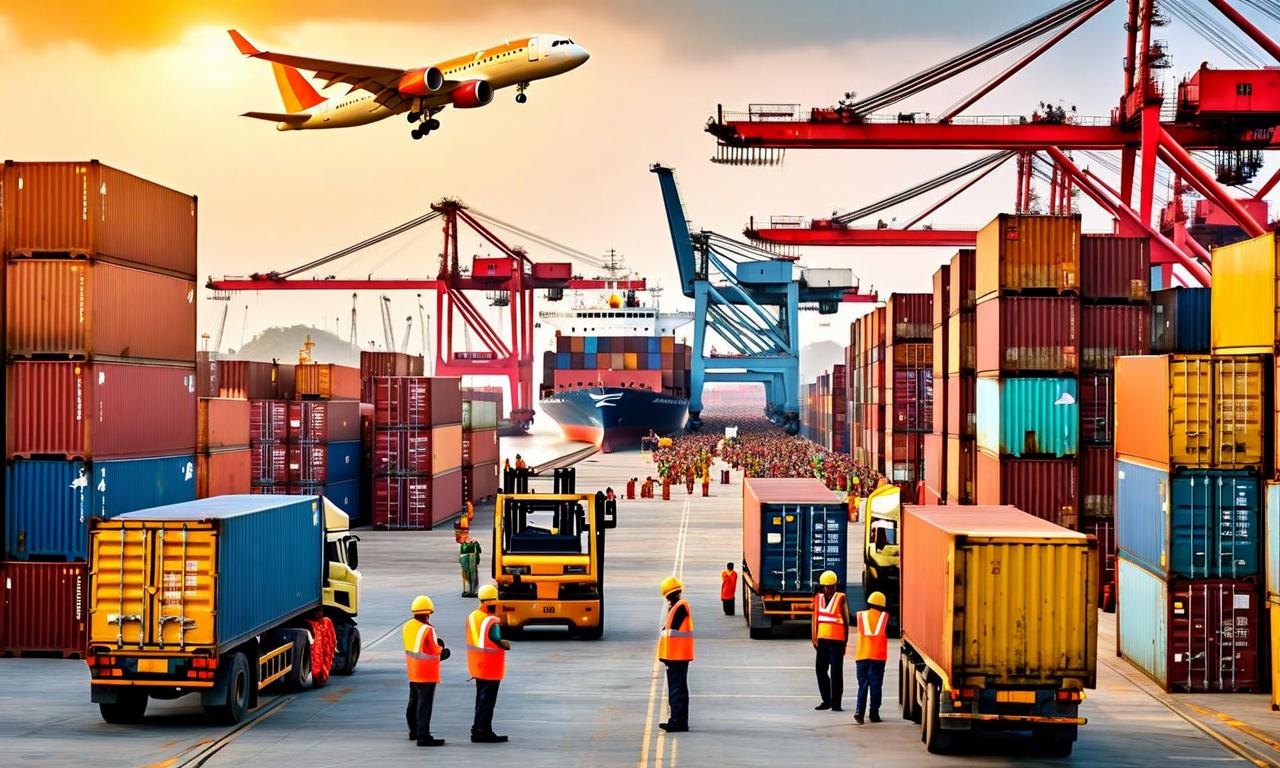Bolton Slams Trump's Tariff Policy, Warns of Damage to India-US Ties
Former US National Security Advisor John Bolton has strongly criticized President Donald Trump's tariff policy, calling it 'disastrous' and warning that it could undermine long-standing Western efforts to strengthen ties with India. Bolton emphasized that years of diplomatic work to distance India from Russia and highlight the China threat are at risk due to Trump's trade strategy. The criticism is bipartisan, with Jake Sullivan also expressing concerns about the India-US relationship. Bolton's critique extends to broader foreign policy issues, including the Ukraine situation and China's influence in East Asia. This comes as Prime Minister Narendra Modi and Chinese President Xi Jinping recently met to discuss their countries' roles in stabilizing global trade, highlighting the shifting dynamics in international trade relations.

*this image is generated using AI for illustrative purposes only.
Former US National Security Advisor John Bolton has delivered a scathing critique of President Donald Trump's tariff policy, labeling it as 'disastrous' and warning of its detrimental impact on long-standing Western efforts to strengthen relations with India.
Decades of Diplomatic Efforts at Risk
Bolton, who served as National Security Advisor from 2018 to 2019 during Trump's first term, emphasized that the West had invested years in attempting to distance India from its Cold War-era ties with Soviet Union Russia. He also highlighted the consistent warnings about the growing threat posed by China. However, Bolton argues that Trump's tariff strategy is now jeopardizing these painstaking diplomatic efforts.
Bipartisan Criticism
The criticism of Trump's approach to India isn't limited to Bolton alone. Jake Sullivan, another former National Security Advisor, has also voiced concerns, accusing Trump of relegating the India-US relationship to the back burner. This bipartisan criticism underscores the significance of India in US foreign policy calculations.
Broader Foreign Policy Concerns
Bolton's critique extends beyond the India-US relationship. He expressed strong views on the Ukraine situation, asserting that only a full restoration of Ukrainian sovereignty would be acceptable. Additionally, he accused Trump of allowing China to reset dynamics in East Asia, further complicating the geopolitical landscape.
Modi-Xi Meeting Amid Trade Tensions
The timing of these criticisms is particularly noteworthy, coming on the heels of a significant diplomatic event. Prime Minister Narendra Modi recently met with Chinese President Xi Jinping at the Shanghai Cooperation Organisation summit in Tianjin. During their discussions, the two leaders addressed the roles of India and China in stabilizing global trade, a topic that has gained increased importance in light of Trump's controversial tariff policies.
Implications for Global Trade
The meeting between Modi and Xi, set against the backdrop of US trade policies, highlights the shifting dynamics in global trade relations. As two of the world's largest economies, India and China's efforts to stabilize global trade could have far-reaching implications, potentially offering an alternative approach to the tariff-driven policies currently pursued by the Trump administration.
The criticisms from Bolton and Sullivan, coupled with the Modi-Xi meeting, underscore the complex interplay between trade policies, diplomatic relations, and global power dynamics. As the debate over Trump's tariff strategy continues, its impact on long-standing alliances and the broader global economic order remains a subject of intense scrutiny and discussion in international policy circles.

























